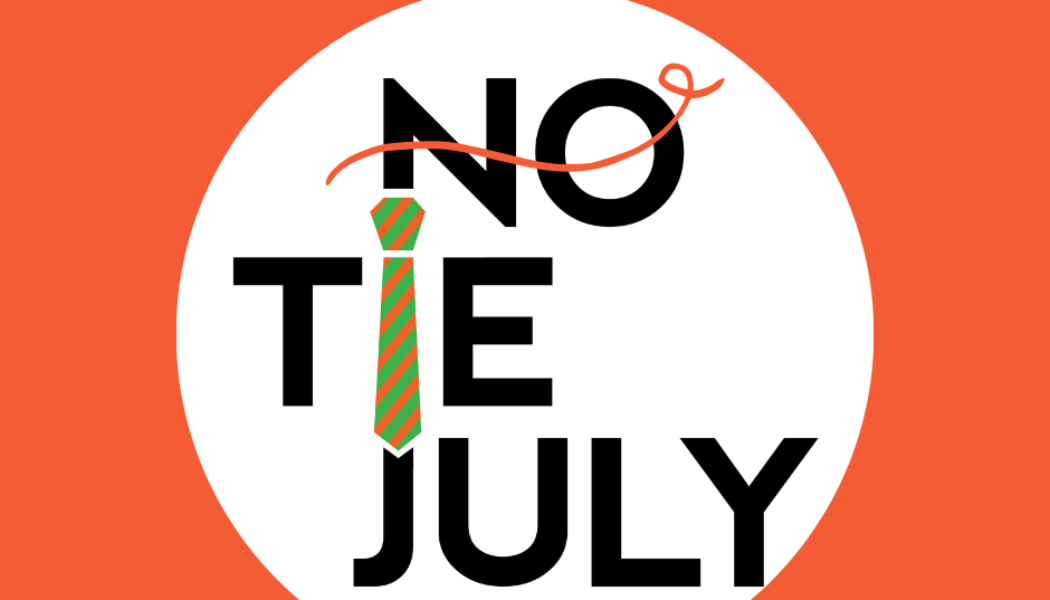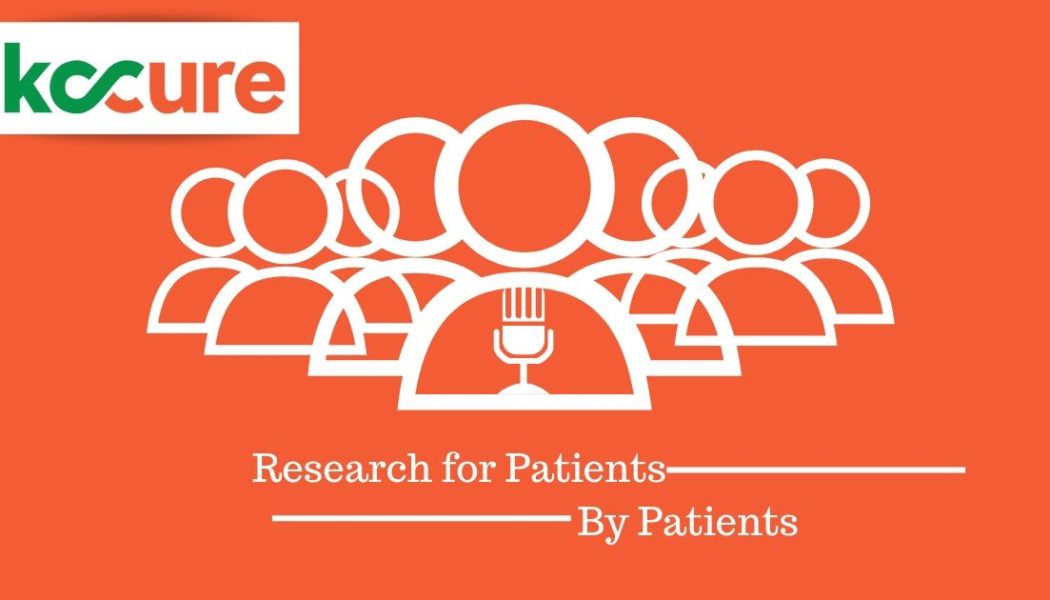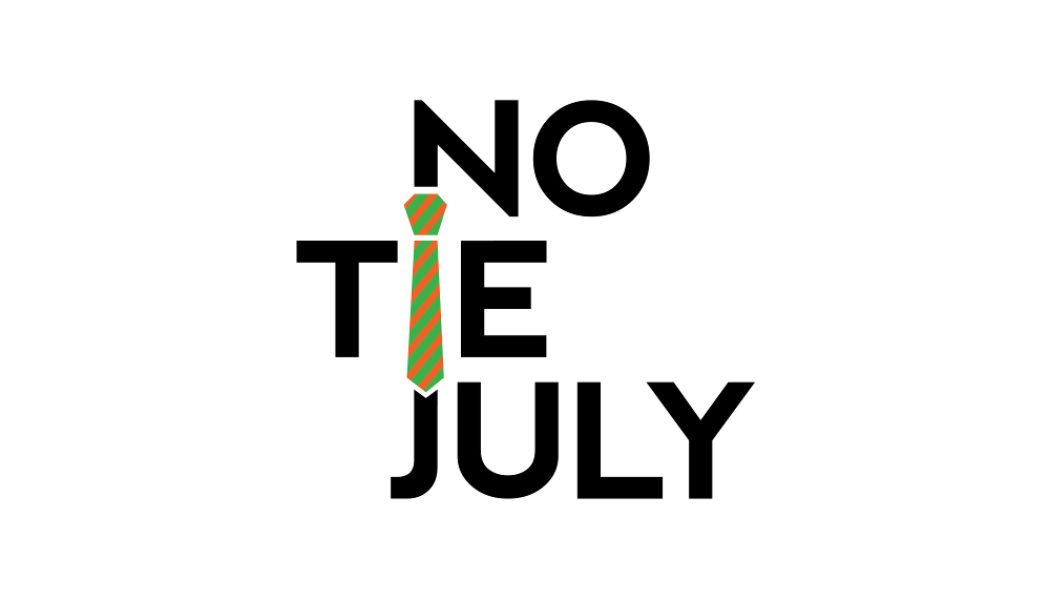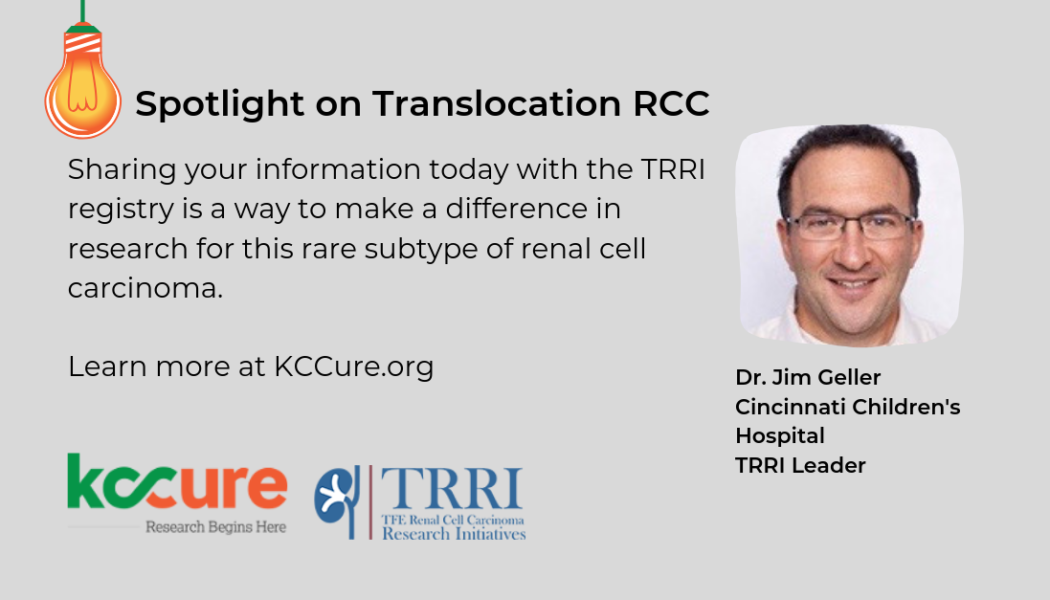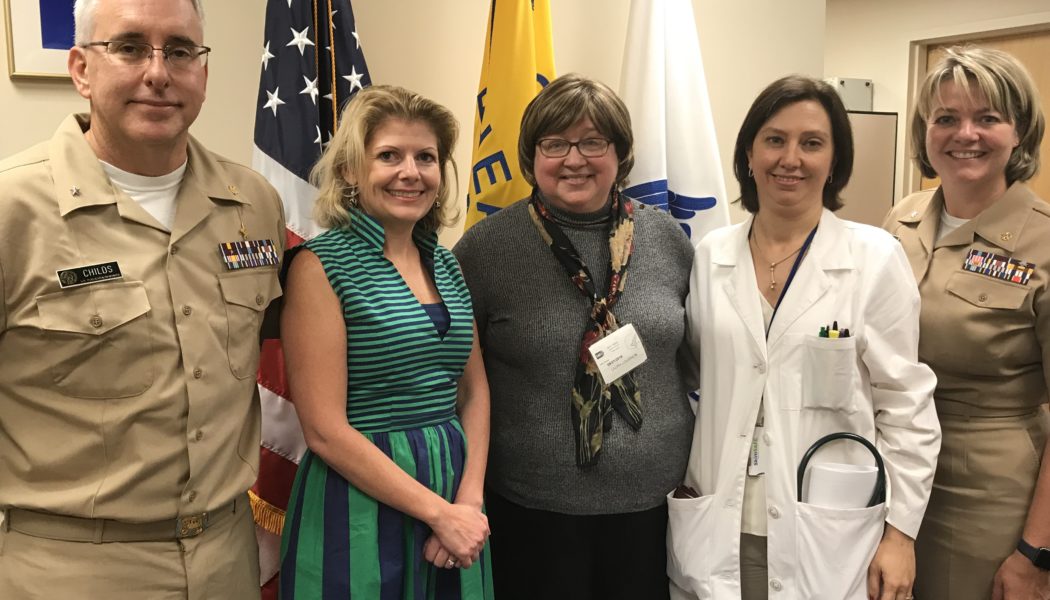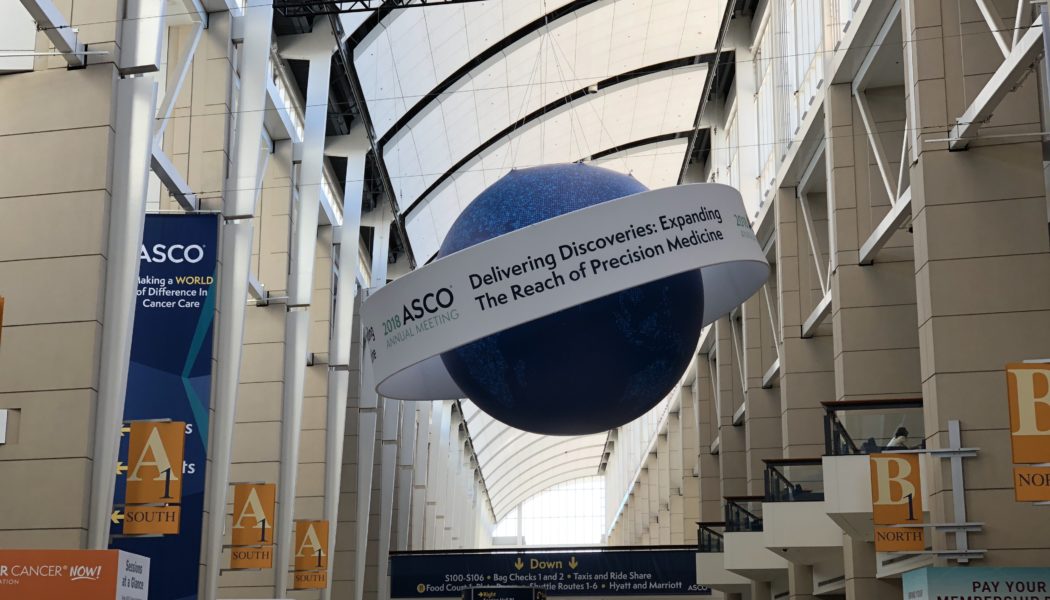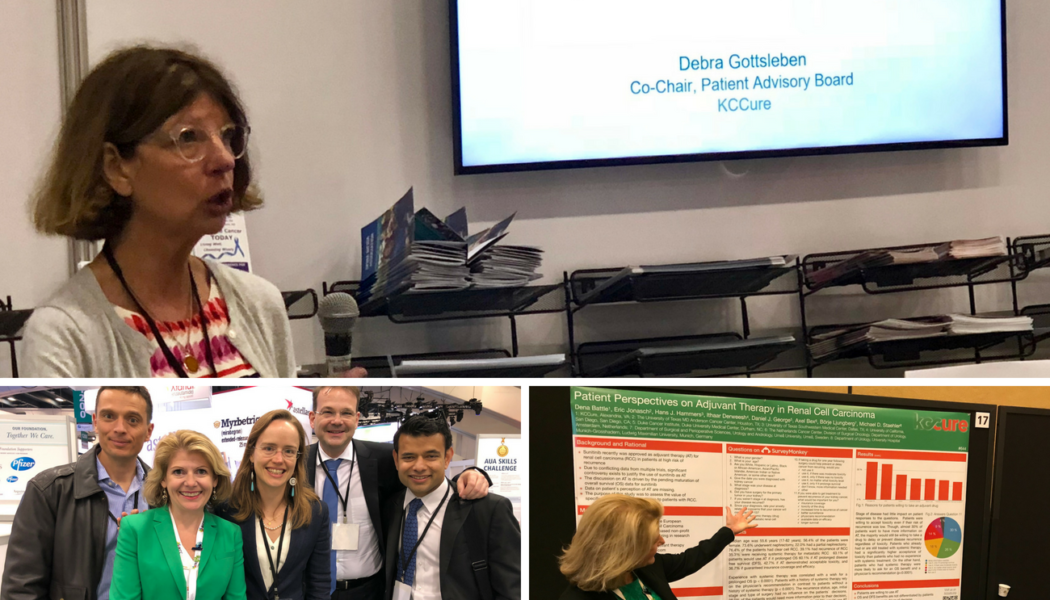Research
No Tie July 2021
What is No Tie July? No Tie July is our annual fundraising effort where we raise $50,000 – one year of research funding – in just one month! Since our launch in 2016, this fundraising effort has helped us to award $400,000 in direct research grants. How Can You Participate? 1.) Designate a Research Priority This year, we are excited to unveil a new feature of our Research Grant Program that lets YOU decide what research you want to fund. Our Patient Driven Research Grants let patients set the priorities for where research is needed most! At least 30 percent of kidney cancer patients have subtypes where no therapeutic options have been identified and no management strategies exist. Want to direct research toward rare subtypes of kidney cancer, such as Chromophobe RCC, Papillary ...
What is No Tie July?
When it comes to kidney cancer, a tie isn’t good enough. We need a win. Join our month-long fundraising effort, No Tie July, and help us raise one year of life-saving research funding in just one month.
Translocation Renal Cell Carcinoma (tRCC) Research Initiative
Translocation renal cell carcinoma (tRCC) is a rare subtype of renal cell carcinoma occurring in less than 5 percent of patients. Initially found primarily in children, incidence of tRCC found in adults is rising. Because it is so rare, research to identify the best treatments for tRCC patients is severely lacking. The Translocation RCC Research Initiative (TRRI) is working to change that! Laura Loughlin, KCCure Director of Patient Engagement, had the opportunity to speak with Dr. James Geller, a tRCC expert at Cincinnati Children’s Hospital and leader of the TRRI. What is the TRRI? The TRRI is a global team of doctors and researchers dedicated to tRCC research to find new and better treatments and improve patient outcomes. Their work in...
NIH Clear Cell Kidney Cancer Trial
NIH Trial – HERV-E TCR Transduced Autologous T Cells in People with Metastatic Clear Cell Kidney Cancer. Good News! Since I last shared news of this exciting clear cell kidney cancer trial it has continued to actively recruit. If you are interested there are still spots available. Eligibility criteria include: Being at least 18, having clear cell RCC, measurable disease progression in the last six months; and being positive for HLA-A 11:01. HLA-A 11:01 is only present in a subset of clear cell RCC patients. The NIH, at no charge, can arrange testing for you if you are interested in finding out if you are positive for HLA-A 11:01. Additionally, there are some eligibility requirements related to prior treatments. The trial involves...
Non-Clear Cell Response Rate Chart
This chart lays out non-clear cell response rates for two kidney cancer clinical trials that were presented at ASCO-GU 2019. The Keynote 427 trial for pembrolizumab (Keytruda) as monotherapy and the Calypso trial combining savolitinib (MET inhibitor) and durvalumab (PD-1 inhibitor).
Making a Difference – The Broad Institute
In the Making a Difference series, KCCure’s Director of Patient Engagement, Laura Loughlin will be highlighting organizations making a difference in Kidney Cancer research. In this first article, we’re profiling work being done at the Broad Institute researching rare kidney cancer. The Broad Institute of Cambridge and Harvard Located in Cambridge, MA the Broad is a non-profit research organization partnered with MIT, Harvard and the five Harvard teaching hospitals. On October 18th I had the opportunity to visit the Broad. I attended a Pre-Launch Workshop for the Rare Cancer Dependency Map Initiative. This initiative provides a patient driven research platform seeking treatments for rare kidney cancers. The research starts with patients’ authorizing donation of fresh tissue...
Report from ASCO – CARMENA Trial
KCCure recently attended ASCO - the world's largest cancer research conference. Learn more below on why everyone in the kidney cancer world is talking about CARMENA.
KCCure Represents Patients at AUA 2018
For the second year in a row, KCCure represented kidney cancer patients at the annual meeting for the American Urological Association. This year, KCCure was instrumental in planning for the meeting by serving on the AUA Steering Committee for Patient Advocacy Efforts.
KCCURE HAILS FDA APPROVAL OF FIRST COMBINATION IMMUNOTHERAPY FOR FIRST LINE RENAL CELL CARCINOMA
“Today’s decision by the FDA is a game-changer for patients and physicians managing advanced kidney cancer,” said Hans Hammers M.D., Ph.D., KCCure co-founder and senior co-author of the clinical study for the combination.
KCCure Joins with Partner Organizations for Increased Research Funding
KCCure joined with twelve other kidney cancer advocacy organizations urging Congress to double kidney cancer research funding for the Kidney Cancer Research Program (KCRP) administered by the Congressionally Directed Medical Research Program (CDMRP).

